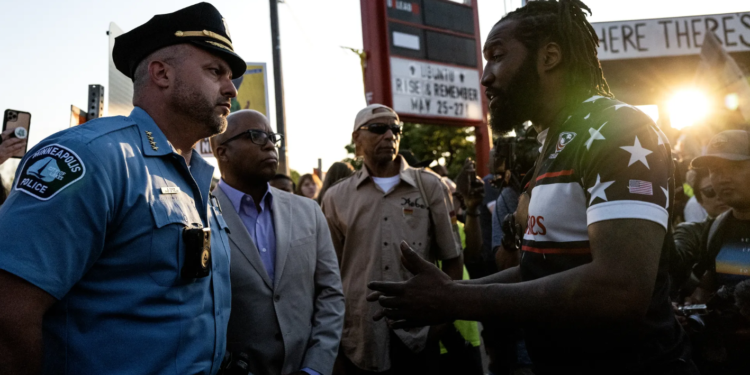Nov 27, 2024 Story by: Editor
Police radio communications often include personally identifiable information, potentially creating privacy risks for the public, particularly Black males, a new study from Penn State and the University of Chicago reveals.
“This study provides a window into police activity as events unfold,” stated Shomir Wilson, associate professor of information sciences and technology at Penn State and a co-author of the study. “We found that because police radio transmissions disproportionately involve Black suspects, there’s a proportionally higher privacy risk for Black people in these communications.”
The research involved analyzing 24 hours of human-transcribed and annotated police radio communications broadcasted within three Chicago dispatch zones. These zones, based on U.S. census data, included a majority non-Hispanic white zone, a majority Hispanic zone, and a majority non-Hispanic Black zone. Findings revealed that males were mentioned nine times more frequently than females, with Black males being most frequently referenced, even in the majority white zone.
Presented at the 27th Association for Computing Machinery Conference on Computer-Supported Cooperative Work and Social Computing (held Nov. 9-13 in Costa Rica), the study earned diversity, equity, and inclusion recognition from the conference’s awards committee.
“The typical police radio transmission is short and serves a coordinating purpose, something like ‘Car 54, where are you?'” explained Chris Graziul, a research assistant professor at the University of Chicago and one of the study’s co-authors. “These transmissions try to communicate what’s happening and describe who’s involved. In the process, sensitive information is often disclosed.”
The research team reviewed 9,115 radio transmissions, or “utterances,” exchanged between police and dispatch. They manually transcribed the transmissions and selected 2,000 utterances from the three zones for detailed analysis. Using a qualitative annotation scheme, they categorized the data into six types, including event information (e.g., “residential alarm break-in” or “traffic stop”), procedural transmissions (like the “Car 54” example), and casual exchanges such as “Morning, squad.” Source: Mirage News
















